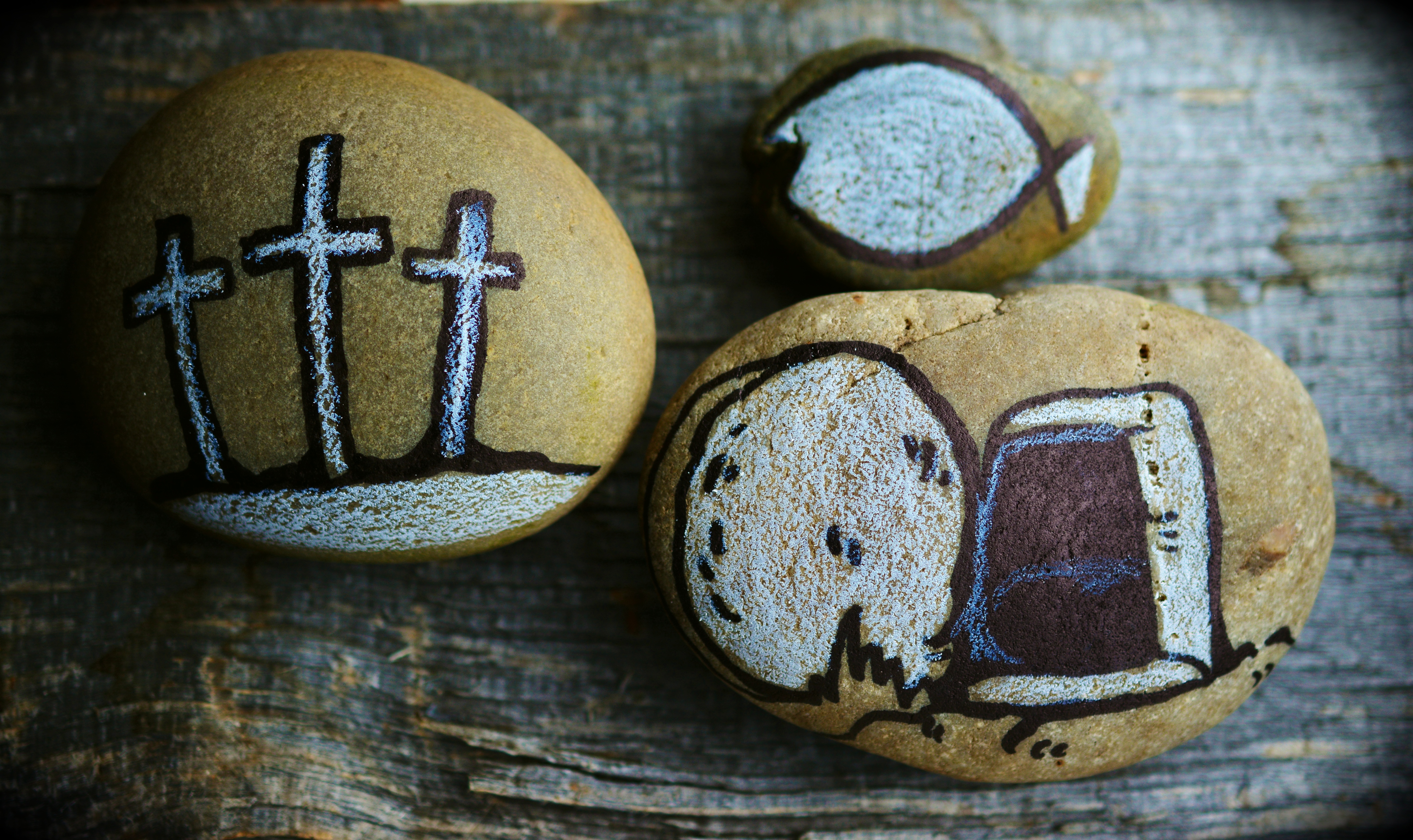
Sometimes I wonder why the Garden of Gethsemane is included in the Gospels. Frankly, it’s easy to misunderstand. Jesus is struggling, sweating profusely, so torn up inside, so exposed, so human.
At first glance, Jesus seems weak, actually asking the Father to help him back out of the plan forged in heaven before the beginning of time. Is he afraid to die? Many brave men and women have faced death, even difficult deaths. Is he weaker than they? The answer, I believe, can be discovered in Jesus’ own words.
“For even the Son of Man did not come to be served, but to serve, and to give his life as a ransom for many.” “This is my blood of the covenant, which is poured out for many.”
“For many.” The phrase seems strange until you realize that Jesus is recalling those same words found twice in Isaiah 53, the chapter that prophesies Jesus’ death for our sins.
“After the suffering of his soul, he will see the light of life and be satisfied; by his knowledge my righteous servant will justify many, and he will bear their iniquities…. He bore the sin of many and made intercession for the transgres-sors.”
These sayings teach us that, as Jesus looked for-ward to his own death, he understood it as a ransom, that is, a payment to set others free. He also saw his death as bearing the sins of many — our sins. Sin isn’t pretty — or petty. Oh, our world dresses it up as cleverness, as happiness, as fulfillment. But despite its many deceitful faces, sin at its root is about asserting power.
It is rebellion against God’s authority, an undermining of his Kingdom. Sin is turning up our nose at God and doing what we want in spite of what he says — and there’s nothing pretty about that. Occasionally, when I sin, God gives me eyes to see how desperate, how corrupt, how utterly bankrupt I am in my sin. Jesus’ mission that accepted was to bear my ugly sins. And then yours. And then multiply that by billions and billions — “the sin of many.”
From before the beginning, the Son and the Father have enjoyed each other’s incomprehensible presence and unity. But the cross utterly shatters that fellowship, because God’s holiness cannot cohabitate with sin. The unity of the Holy Trinity is certainly not fractured, but sorely stressed in the bodily death of the Son. I think it’s that specter that disturbs Jesus so deeply in Gethsemane – being forsaken by his Father, even if for a short time. And revulsion at what sin will do to him, who knew no sin. He faces our multiplied sins, heaped up upon him to no end. So Jesus pleads in the Garden, “Father, is there no other way?” He cries out, he searches, he asks in a bold intimacy. And then he surrenders afresh: “Not my will, but yours.” Not my desire to avoid desolation, and sin, and corruption, but your difficult and only way to save the people we love. Jesus models for us disciples what it means to follow, to obey even when we don’t fully under-stand. From Gethsemane to Golgotha to the Empty Garden Tomb let us follow our gracious Savior and Lord!
[To be continued in the April]
~ Pastor Dennis Krueger
